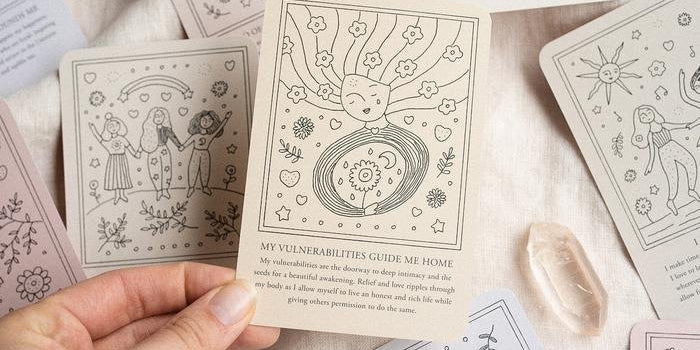“Listen to your body when it tells you to slow down”
Sometimes, it can be difficult to know where to start when it comes to self-care. As well as that, it can be very overwhelming trying to navigate it when there is so much information on the internet.
Let us be your guide and take a look at the 6 types of self-care and ideas that we have listed below. We suggest to start small, and slowly build up a self-care routine that resonates with you.

6 Types of Self-Care and Ideas
Physical Self-Care
-
Regular Exercise - Aim for 30 minutes, most days of the week. Choose an activity that you enjoy (Dance work outs are super fun!)
-
Balanced Diet - Nutritious food & plenty of water, but a little sweet treat is well deserved.
-
Adequate Sleep - Aim for 7-9 hours per night. Create a calming bedtime routine, & avoid screens before bedtime.
-
Routine Health Check-Ups - Schedule regular check-ups with your healthcare providers.
-
Relaxation and Stress Management - Incorporate relaxation techniques into your daily routine, such as deep breathing exercises, muscle relaxation, meditations, or taking warm baths.
Emotional Self-Care
-
Practice Mindfulness and Meditation - Try guided meditations, deep breathing exercises, or simply sit quietly and focus on your breath.
-
Journaling - Set aside time each day or week to write about your emotions, gratitude, and any challenges you're facing.
-
Engage in Creative Activities - Even simple activities like colouring or doodling can have a calming effect.
-
Connect with Loved Ones - Meaningful connections can provide emotional support, reduce feelings of isolation, and increase happiness.
-
Set Healthy Boundaries - It's important to prioritise your needs and avoid overcommitting or engaging in activities that drain you.
Mental Self-Care
-
Learn new things - Keep your mind active and engaged. This can include reading books, taking online courses, solving puzzles, or picking up a new hobby.
-
Set Goals and Prioritise Tasks - Break down your tasks and goals into manageable steps.
-
Limit Negative Input - Be mindful of the information and media you consume. Declutter your social media feeds by unfollowing or unfriending content that doesn't make you feel good.
-
Practice Self-Compassion - Treat yourself with kindness and understanding, especially during challenging times.
Social Self-Care
-
Nurture Relationships - Spend quality time with friends and family members who make you feel valued and supported.
-
Join Social Clubs or Groups - Engaging with like-minded people can help you build new friendships and provide a sense of belonging.
-
Practice Active Listening - When interacting with others, practice active listening by giving them your full attention, making eye contact, and responding thoughtfully.
-
Seek Support When Needed - Don’t hesitate to seek support from friends, family, or a therapist when you need it. Sharing your thoughts and feelings with others can provide relief and different perspectives.
Practical Self-Care
-
Organise Your Space - An organised space can reduce stress and improve focus, making it easier to find things and complete tasks.
-
Manage Your Finances - You can create a simple budget tracker for your income and expenses.
-
Plan and Prioritise Tasks - Use cute planners, calendars, or apps to organise your daily, weekly, and monthly tasks.
-
Develop Healthy Routines - Establish routines for daily activities such as waking up, eating, exercising, and going to bed. Consistent routines can help create a sense of stability and reduce decision fatigue.
Spiritual Self-Care
-
Connect with Nature - Spend time outdoors in nature to feel a sense of peace and connection to the world around you.
-
Engage in Acts of Kindness - Serving others can provide a sense of purpose and fulfilment.
-
Practice Gratitude - Gratitude can help shift your focus to the positive and foster a sense of spiritual abundance.








